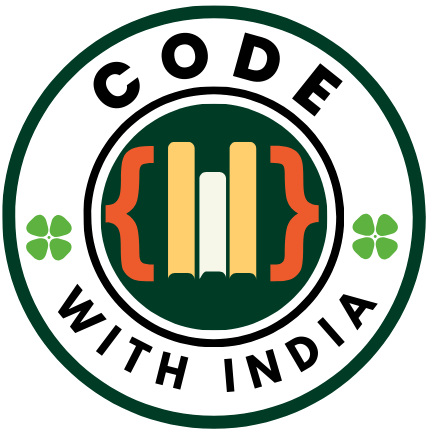Structured Query Language (SQL) is the backbone of database management, allowing users to manipulate and retrieve data efficiently. Whether you’re a novice or an experienced professional, understanding SQL is crucial for various tech roles. This blog post covers the essentials of SQL, interview questions, its full form, and valuable online resources.

Table of Contents
What is SQL?

SQL stands for Structured Query Language. It is a standard programming language specifically designed for managing and manipulating relational databases. SQL is used to insert, update, delete, and retrieve data from databases. It is also employed for database creation and schema modifications.
Common SQL Commands
- SELECT: Retrieves data from a database.
- INSERT: Adds new data to a database.
- UPDATE: Modifies existing data.
- DELETE: Removes data from a database.
- CREATE: Creates new tables or databases.
- ALTER: Modifies an existing database structure.
- DROP: Deletes tables or databases.
SQL Full Form
SQL stands for Structured Query Language. It is a domain-specific language used in programming and designed for managing data held in a relational database management system (RDBMS).
Online SQL Compiler
An online SQL compiler is a web-based tool that allows you to write, execute, and test SQL queries without needing to install any software on your computer. These compilers are especially useful for learning and practicing SQL. Here are some popular online SQL compilers:
- SQLFiddle: A simple, easy-to-use SQL playground for quickly testing and sharing database queries.
- DB-Fiddle: Supports multiple SQL dialects like MySQL, PostgreSQL, and SQLite.
- Mode Analytics: Provides a SQL editor and visualization tools for exploring data.
Oracle Live SQL
Oracle Live SQL is an interactive tool provided by Oracle for learning and practicing SQL. It offers a browser-based environment where you can run SQL scripts, view tutorials, and access Oracle database features. Oracle Live SQL is particularly beneficial for those looking to learn Oracle SQL and PL/SQL.
SQL Online Compiler
Using an SQL online compiler is a great way to practice SQL without setting up a local database environment. These compilers offer a quick and efficient way to test SQL queries. Some notable SQL online compilers include:
- repl.it: A versatile platform supporting various programming languages, including SQL.
- W3Schools SQL Compiler: A user-friendly tool for beginners to practice SQL queries.
- Paiza.io: Allows you to write and execute SQL code in multiple dialects.
MySQL
MySQL is a widely-used open-source relational database management system (RDBMS) that relies on SQL. Renowned for its reliability, performance, and user-friendliness, MySQL is a staple in web application development. Key features of MySQL include:
- Cross-platform support: MySQL can be run on various operating systems like Windows, Linux, and macOS.
- High performance: Optimized for speed and efficiency, making it suitable for large-scale applications.
- Scalability: Supports large databases with millions of records.
- Security: Offers robust security features to protect data.
Conclusion
Becoming proficient in SQL is crucial for anyone managing or interacting with databases. Whether you’re preparing for an interview, seeking to understand the full form of SQL, or looking for online resources to practice, this guide provides valuable insights. Utilizing online SQL compilers and tools like Oracle Live SQL can enhance your learning experience and proficiency in SQL.
Publisher Information
Publisher: Codewithindia.com
About Us: Codewithindia.com is your go-to source for the latest updates on trending events. We offer a wide range of content tailored to your interests, covering diverse categories to keep you informed and engaged with what’s happening around the world.

